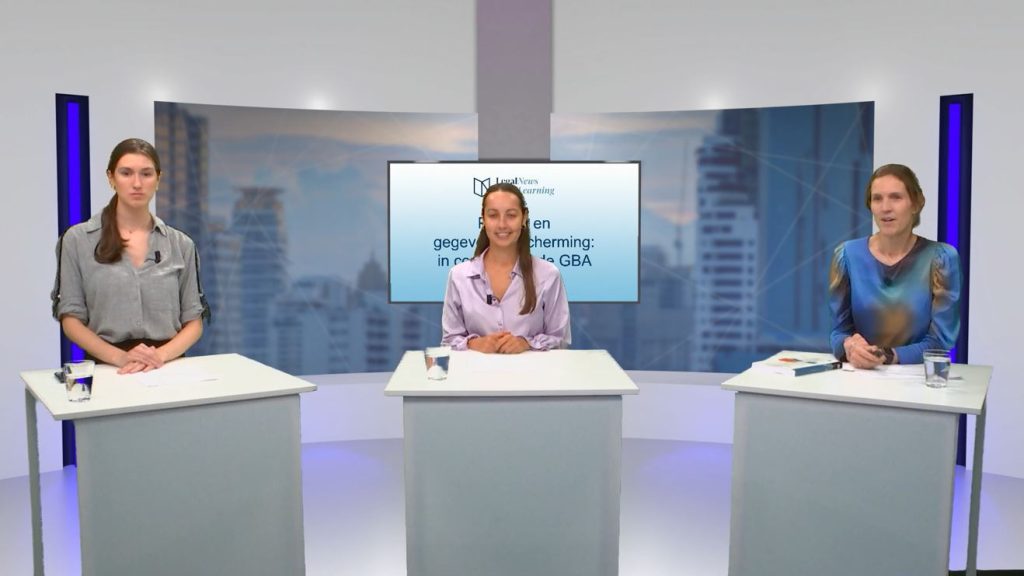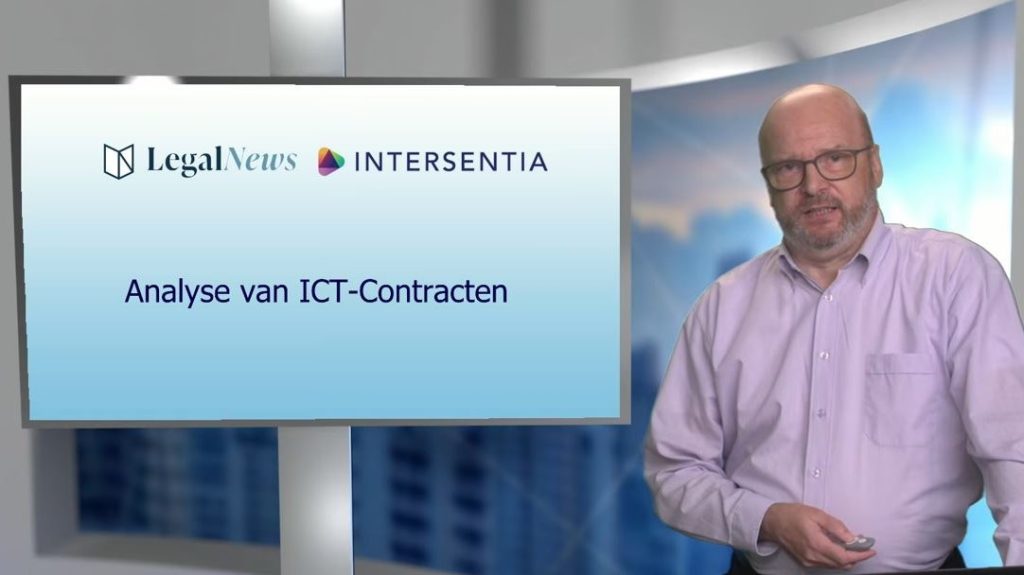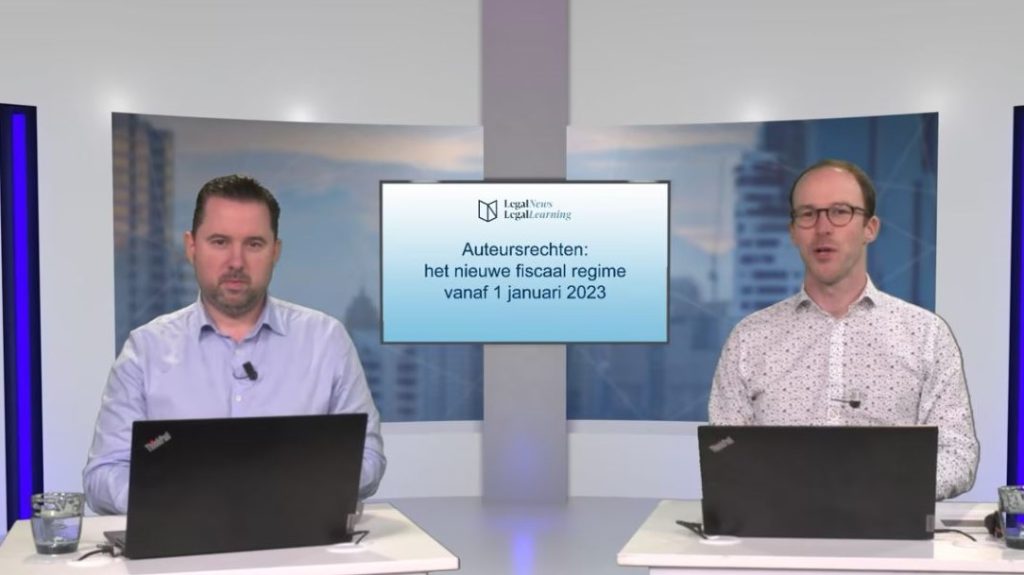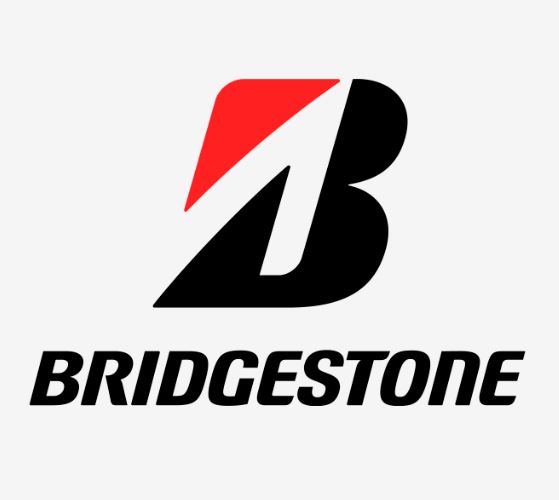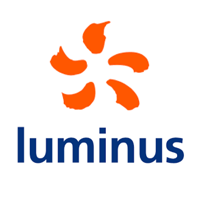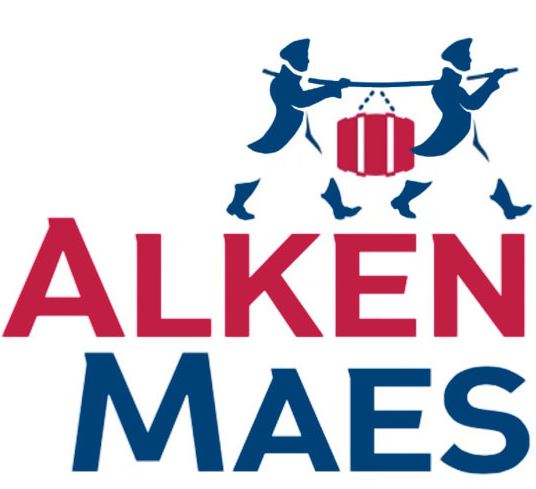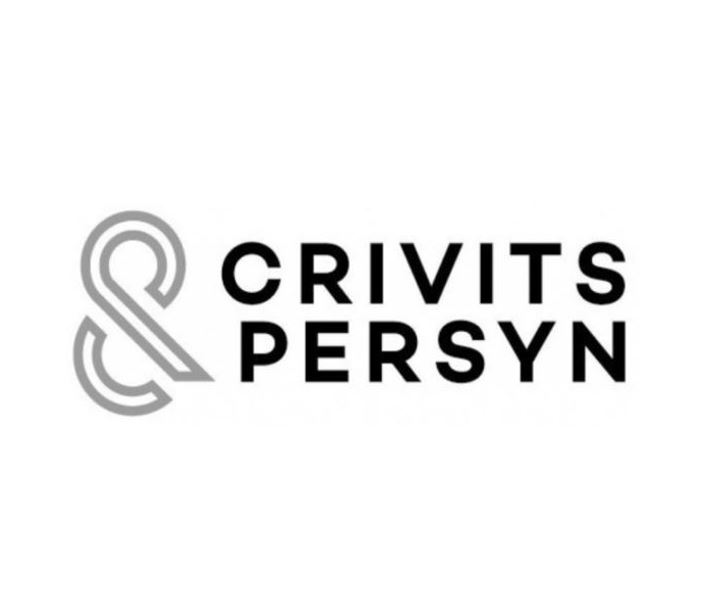Handelspraktijken en consumentenbescherming:
recente topics onder de loep
Dr. Stijn Claeys en mr. Arne Baert (Racine)
Webinar op vrijdag 30 augustus 2024
Aandachtspunten bij het opstellen
en analyseren van ICT-contracten
Mr. Lynn Pype en mr. Liesa Boghaert (Timelex)
Webinar op donderdag 16 mei 2024
Belgium : No Strict Liability for the Holder of an IP Right Enforcing a Descriptive Seizure (NautaDutilh)
Authors: Florence Verhoestraete, Tanguy de Haan en Christel Brion (NautaDutilh)
Date of publication: 29/03/2018
On 28 February 2018, the Brussels Court of Appeal rendered a decision in the Snowfall case on the issue of liability for harm caused by a so-called descriptive seizure (saisie-contrefaçon).
The facts of the case can be summarised as follows. In 2010, the proprietor of a registered Community design sought and obtained a descriptive seizure against an alleged infringer. Over 2,000 allegedly infringing items were subsequently seized. Later in the proceedings, the registration for the design was revoked (due to the fact that it had been disclosed to the public prior to the application for registration).
The alleged infringer claimed to have been harmed and sought damages.
The judgment can be viewed here.
The Court examined two types of liability.
Strict (or no fault) liability
According to some scholars, a party that requests a descriptive seizure can be held strictly liable if the measures are subsequently lifted or repealed, for example because the intellectual property right is declared invalid.
The Brussels Court of Appeal rejected the idea that the applicant for a descriptive seizure can incur strict liability. There is no provision of Belgian law to this effect and since upholding this theory could discourage the holders of intellectual property rights from requesting such measures in order to protect their rights, it would be contrary to the Enforcement Directive (2004/48), which intends precisely to equip IP right holders with effective tools to defend their rights.
In other words, no liability arises from the mere execution of a descriptive seizure order granted by a Belgian court, even if it is later found that there was no infringement of the intellectual property right in question.
Civil liability
Other commentators argue that, in order to be awarded damages, the party that was harmed by the descriptive seizure must prove that the right holder committed wrongdoing (a tort) by seeking or enforcing the order.
In Snowfall, the court ruled that the right holder was aware that its right was invalid as its product had been made public well before the application to register the design. The right holder’s failure to disclose this information to the court that granted the ex parte relief (the descriptive seizure) constituted a tortious act and therefore the appellate court awarded damages.
This decision is quite important because the Brussels courts have exclusive jurisdiction in Belgium to hear actions based on patents, SPCs, EU trade marks and Community design rights and therefore set the tone on liability for ex parte measures.
Although the court rejected strict liability, this decision sends a clear warning that IP right holders are obliged to disclose all relevant information regarding the validity and infringement of their rights in the context of ex parte proceedings.
It should be noted that a request for a preliminary ruling is pending before the CJEU in a similar case (C 688/17). Article 9(7) of Enforcement Directive provides that where provisional or precautionary measures (thus including a descriptive seizure) are revoked or lapse or where it is subsequently found that there has been no infringement or threat of infringement, the judicial authorities shall have the authority to order the applicant to provide the defendant with “appropriate compensation” for any injury caused by those measures.
The questions referred to the CJEU can be summarised as follows:
(1) Must the Member States establish substantive rules of law on the liability of the parties and the amount and method of compensation?
(2) If the first question is answered in the affirmative, are Member States precluded from applying general rules on civil liability and compensation if these rules imply that no compensation will be granted if it can be established that the applicant acted as would generally be expected in similar circumstances?
» Bekijk alle artikels: IT & IP





